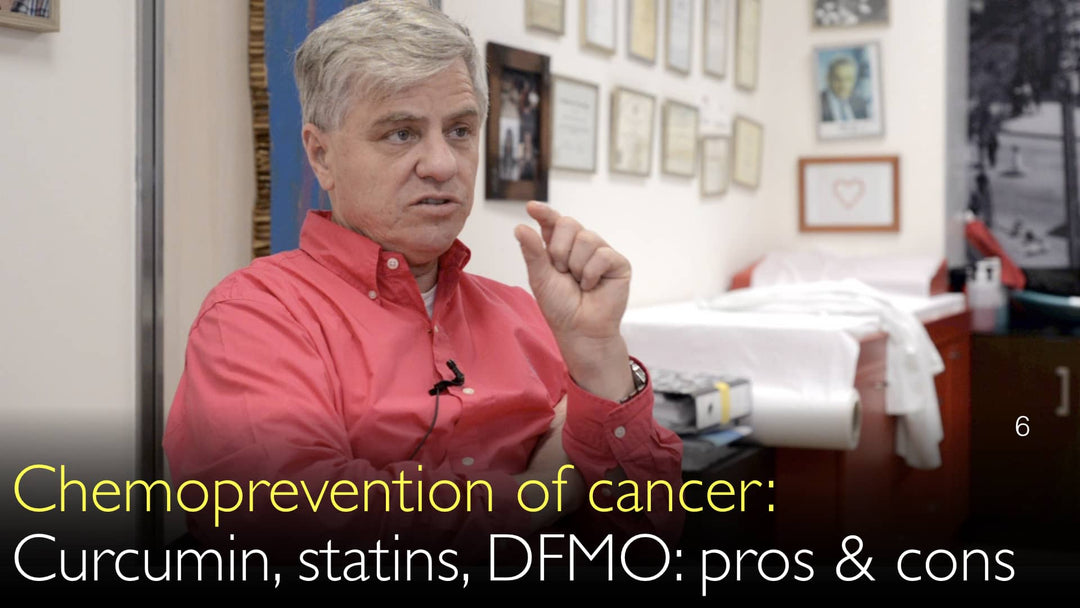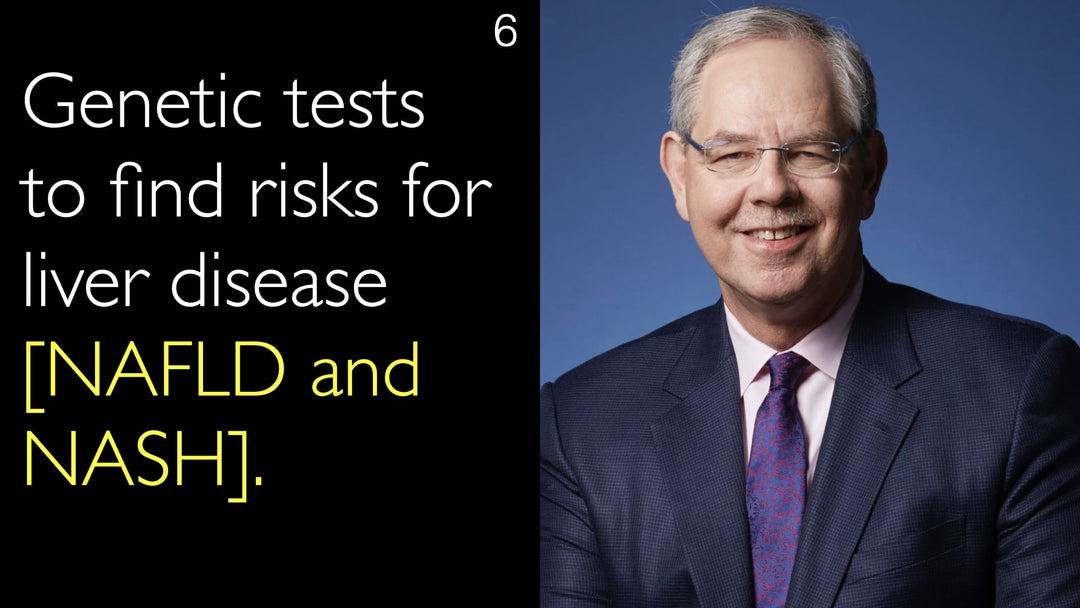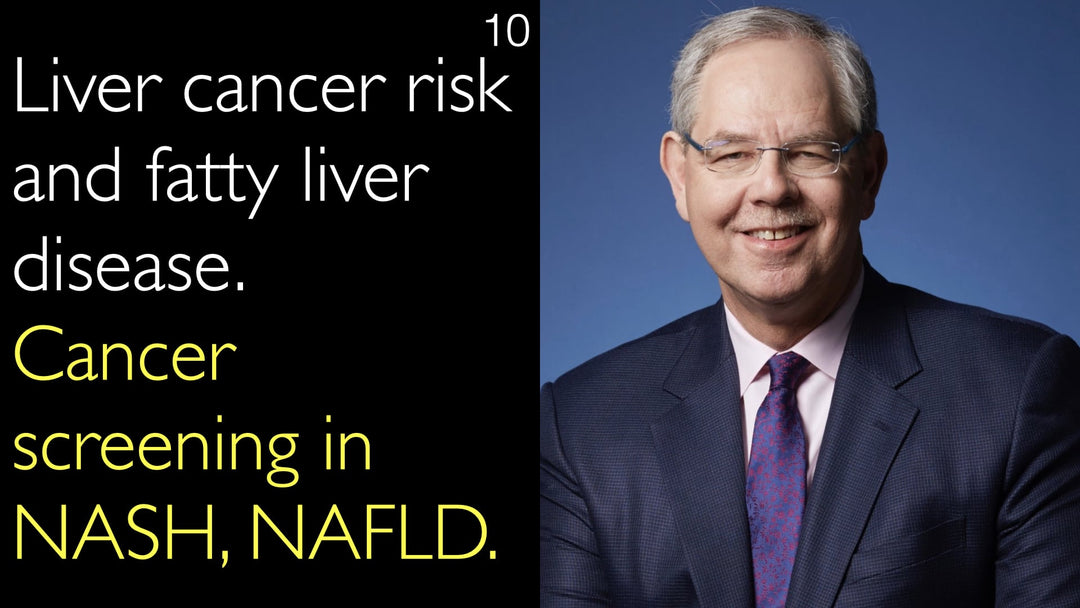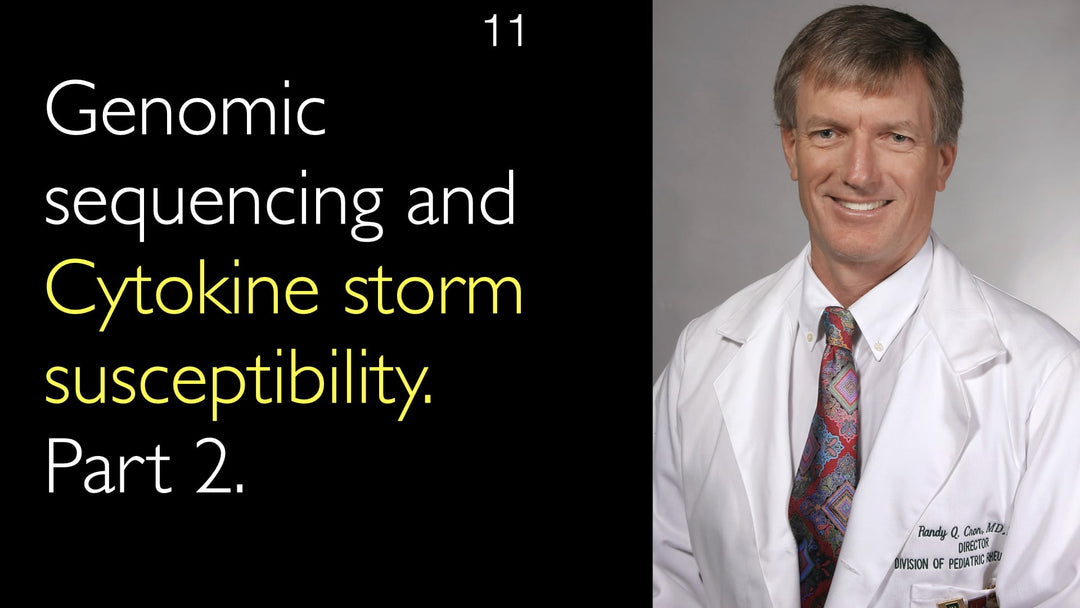Dr. Anton Titov, MD, facilitates the discussion, exploring the criteria for effective cancer chemoprevention.
Exploring Chemoprevention: Curcumin, Statins, and DFMO in Cancer Risk Reduction
Jump To Section
- Curcumin, Green Tea, and Selenium in Cancer Prevention
- DFMO and Its Role in Cancer Prevention
- Statins for Cancer Risk Reduction
- Criteria for Effective Chemoprevention
- Combination Therapy in Cancer Prevention
- Full Transcript
Curcumin, Green Tea, and Selenium in Cancer Prevention
Dr. Nadir Arber, MD, emphasizes the potential of curcumin, especially when combined with green tea and selenium, in cancer prevention. This combination acts as a natural COX-2 inhibitor and targets inflammation, which is crucial in preventing colorectal cancer. Dr. Nadir Arber, MD notes the high consumption of curcumin in India and its correlation with lower colorectal cancer rates, suggesting a promising avenue for further research.
DFMO and Its Role in Cancer Prevention
DFMO, or Di-Fluoro-Methyl-Ornithine, has been studied for its potential in cancer prevention. Dr. Anton Titov, MD, discusses with Dr. Arber the clinical trials that explored DFMO's efficacy. Despite its potential, DFMO presents challenges such as ototoxicity and cost, making it less practical for widespread use. Dr. Nadir Arber, MD highlights the importance of considering side effects and practicality in chemoprevention strategies.
Statins for Cancer Risk Reduction
Statins, widely used for cardiovascular disease prevention, have shown mixed results in cancer risk reduction. Dr. Nadir Arber, MD, discusses the evidence from clinical trials, noting that while some trials suggest a reduction in gastrointestinal cancer risk, others do not support this finding. Dr. Arber advises caution in advocating statins solely for cancer prevention, emphasizing the need for more conclusive evidence.
Criteria for Effective Chemoprevention
Dr. Nadir Arber, MD, outlines five key criteria for effective chemoprevention: oral administration, once-daily dosing, efficacy, low toxicity, and affordability. These criteria ensure that chemopreventive agents are practical and accessible for widespread use. Dr. Arber compares these criteria to the contraceptive pill, highlighting the importance of compliance and practicality in preventive medicine.
Combination Therapy in Cancer Prevention
Combination therapy is a promising approach in cancer prevention, according to Dr. Nadir Arber, MD. By using multiple agents, it is possible to lower medication concentrations, minimize toxicity, and enhance efficacy. Dr. Arber believes that combination therapy represents the future of both cancer prevention and treatment, aligning with current trends in medical practice.
Full Transcript
Dr. Anton Titov, MD: Let's talk about chemoprevention of cancer. How can we use medications to lower the risks of cancer? How can we use medicines to lower the chances of cancer returning if it has already been diagnosed and treated?
Dr. Nadir Arber, MD: We have several ways of cancer chemoprevention in my lab. We developed a mixture of curcumin, green tea, and selenium, and we put it in one tablet. It’s very effective and acts as a strong natural COX-2 inhibitor to prevent cancers. Curcumin and green tea can treat all kinds of inflammation. However, for this kind of research, you need a lot of money, and it's difficult to achieve it within the framework of academia. Everything we've discussed was done without the contribution and support from the medical industry; it was part of our academic work.
We were able to pursue this very promising cancer chemoprevention method. This is definitely something that should be explored more. Curcumin is a very interesting substance because turmeric acts on NFKB and many other factors in the body. Turmeric can also halt the progress of hematological cancers. In India, curcumin consumption is high, and the rates of colorectal cancer are lower. Of course, there are more factors involved in the lower colon cancer incidence in India, but this is very fascinating!
Curcumin is fascinating. We showed that curcumin has synergistic effects when combined with green tea and selenium. We wrote a patent on it. It has a synergistic, amazing effect, working on NFKB and COX-2. It is very promising for colorectal cancer prevention, and there are no side effects!
Sometimes we continue discussing chemoprevention of cancer using medicinal substances. We know that for reducing the risk of cancers, one compound is DFMO, which is Di-Fluoro-Methyl-Ornithine.
Dr. Anton Titov, MD: What is DFMO, and how can it lower the risks of certain cancers? What is the potential mechanism?
This was a good clinical trial. What I like about this clinical trial is that it used combination therapy to prevent cancers. I strongly believe in combination therapy to prevent and treat cancer. It is the way to go in medicine. Now everything is combination therapy because this strategy can lower the concentrations of the medications, minimize toxicity, and increase efficacy.
Dr. Nadir Arber, MD: I don't think DFMO is potentially good for inhibiting cancer growth, but also DFMO is not that practical. This fact was buried inside the article. There could be a lot of hearing loss with DFMO use. When looking for medications to prevent cancer, you have to consider five major criteria. The medication has to be given by mouth, at most once a day, should be effective, have low toxicity, and be cheap. An example is a contraception pill for preventing pregnancy. You need something like that.
DFMO was not that cheap and had side effects, especially hearing loss. Its ototoxicity is quite toxic. DFMO did not fulfill all criteria. When looking for chemoprevention of cancer, these are the criteria that we should look for the medication to fulfill. Obtain a medical second opinion on cancer, then it could achieve worldwide compliance.
Dr. Nadir Arber, MD: Statins are clearly used with great efficacy to reduce risks of cardiovascular disease. But it was noticed in several clinical trials that statins can reduce risks of various cancers, including gastrointestinal cancers. In some clinical trials, the evidence was quite clear. In other clinical trials, evidence for cancer prevention by statins was not shown.
Dr. Anton Titov, MD: What do you think about the use of statins in reducing the risks of cancer?
Dr. Nadir Arber, MD: Statins might be another "magic bullet" of the century, but still, just in preventing heart disease. For preventing cancer, the data on statins is not sufficient. It's not good enough that we can advocate statins for this indication, only for preventing cancer. It's true that there are some common risk factors for ischemic heart disease and cancer, like obesity, sedentary lifestyle, and hyperlipidemia. Statins just for prevention of colon cancer are not sufficient. I cannot advocate statins for colon cancer prevention.







